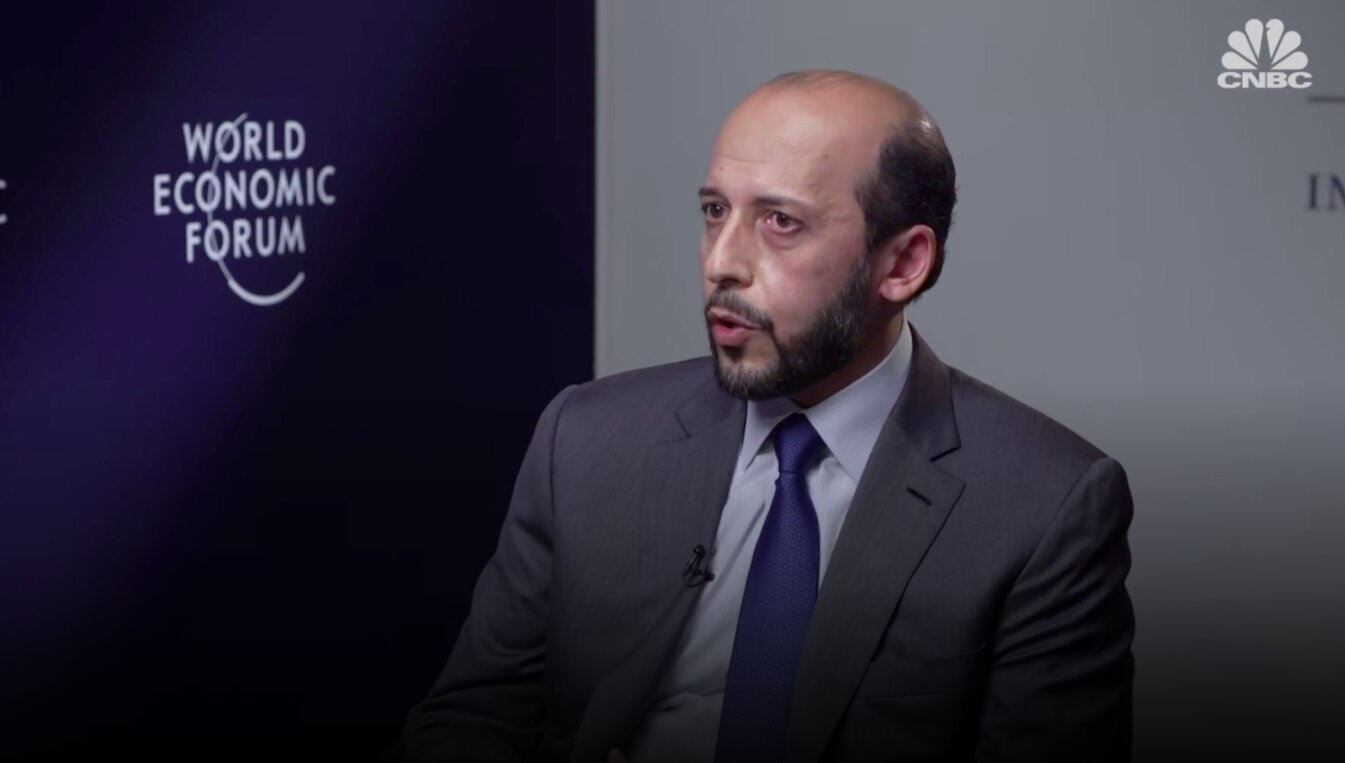Economic growth in various parts of the world is expected to witness a slowdown.
A potential global recession would be “light”, the CEO of Qatar Investment Authority (QIA), Mansoor Al Mahmoud assured CNBC on Sunday.
“The sell-off that we see [is] embedded in all of the bad scenarios that we are talking about. So we’re talking about recession, inflation and geopolitical issues,” Al Mahmoud told the American outlet on the sidelines of the World Economic Forum (WEF) in Davos.
The official, who heads Qatar’s sovereign wealth fund – the fourth largest of its kind globally – explained that the world is in a “better shape in terms of the banking sector”.
However, a slowdown and recession could still occur.
“I’m not saying that we will not have a slowdown, I’m not saying that we might not have a recession, but if we have a recession, it will be a light recession.”
The global economy is expected to experience a set-back after what first appeared to be a more promising post-pandemic recovery economic outlook.
The International Monetary Fund (IMF) believes the war in Ukraine will contribute to “a significant slowdown” this year. According to the organisation, the growth is projected to slow from an estimated 6.1% in 2021 to 3.6% in 2022 and 2023.
“War-induced commodity price increases and broadening price pressures have led to 2022 inflation projections of 5.7% in advanced economies and 8.7% in emerging market and developing economies—1.8 and 2.8 percentage points higher than projected last January,” said the IMF.
The European Union’s economy is one of the most impacted economies as an indirect impact of the Russian invasion of Ukraine, which started on 24 February. One reason the IMF attributed to the potential slowdown is the trade links that Eastern Europe and Central Asia have with Russia.
“The displacement of about five million Ukrainian people to neighboring countries, especially Poland, Romania, Moldova and Hungary, adds to economic pressures in the region,” it said.
Energy security
Energy security has been a key concern for Europe months ahead of the Russian invasion of Ukraine, given the heavy reliance the region has on Moscow’s gas. It received 40% of its gas supplies from Russia, with almost a third of the shipments passing through Ukraine.
Scrambling to replace Russian gas, several European countries have turned to Qatar.
The Gulf state is currently moving towards becoming the world’s leading LNG producer through its $30 billion North Field Expansion project. The project is the biggest of its kind in the world and aims to increase Qatar’s annual LNG production capacity from 77 million metric tonnes to 126 million tonnes by 2027.
Whilst Qatar’s Minister of State for Energy Affairs Saad Sherida Al-Kaabi said his country cannot unilaterally replace Europe’s gas supply, it expressed its willingness to assist the countries throughout their hardship.
Officials from Germany, Italy, the UK and France have in recent months held talks with Qatar.
On Friday, Doha and Berlin inked a joint declaration to expand bilateral energy cooperation, pertaining to the trade of liquified natural gas (LNG) and hydrogen. The deliveries are expected to begin in 2024.
The agreement also entails the establishment of a joint working group that will meet regularly to develop trade of the two gasses. Another group will also focus on renewable energy.
“We cannot stop investing in Europe, we will help them toward the transition of energy. Of course, during this year, they might have difficulties, because the [energy] price is not helping the growth of Europe,” said Al Mahmoud.
With significant investments in Russia amounting to up to $9 billion, Al Mahmoud said there are no plans to pump more investments in the country.
“We have a smaller exposure in Russia compared to the overall portfolio that we have,” he said.







